Scientists have decoded how proteins assemble filopodia, the structures cells use to move, paving the way for new cancer treatments.
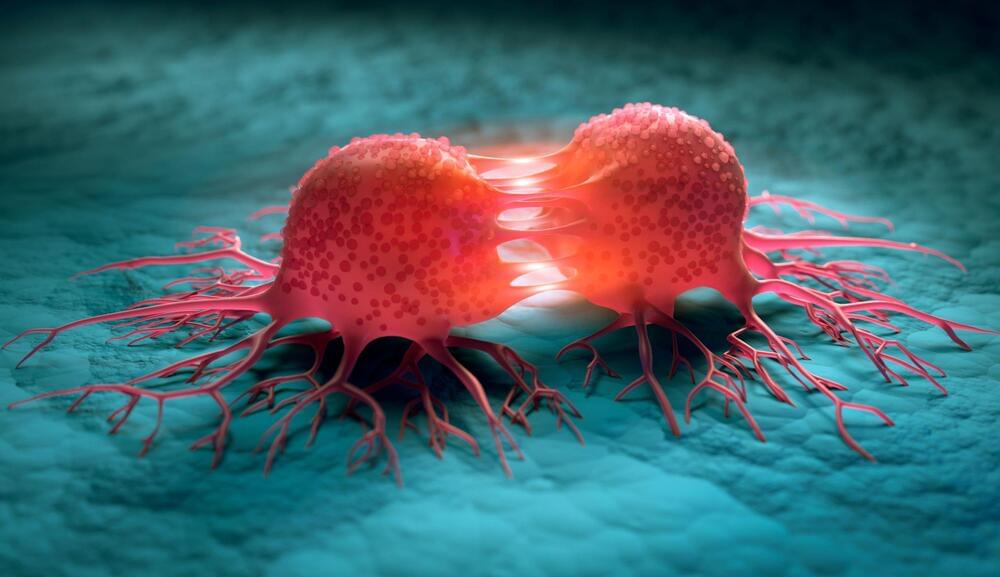

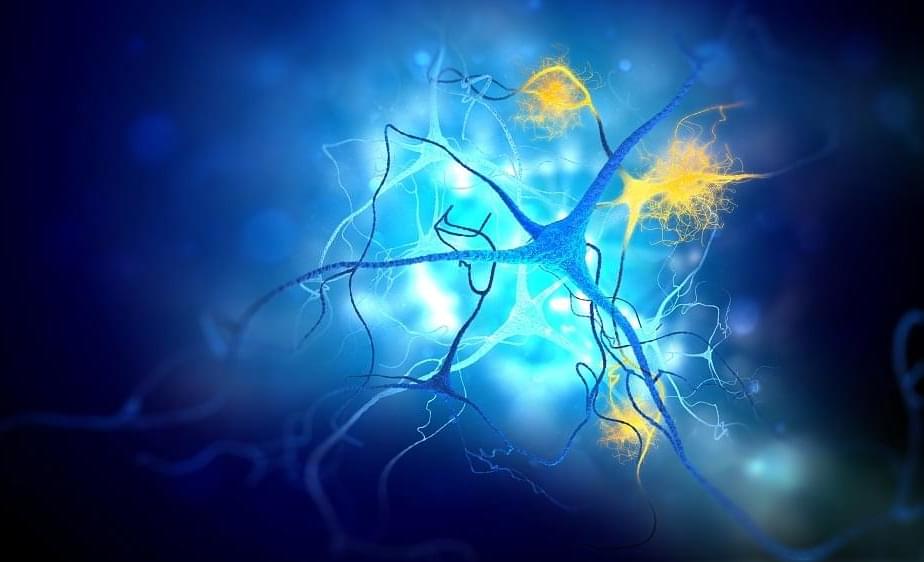
Researchers have found that kinesin family member 9 (KIF9), a protein that diminishes with aging, is instrumental in allowing cells to consume harmful proteins and fights Alzheimer’s in a mouse model.
Consuming amyloids before they become a problem.
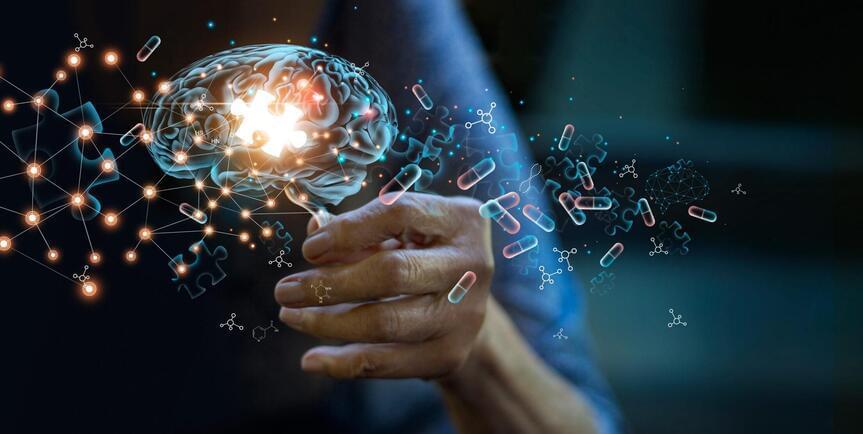
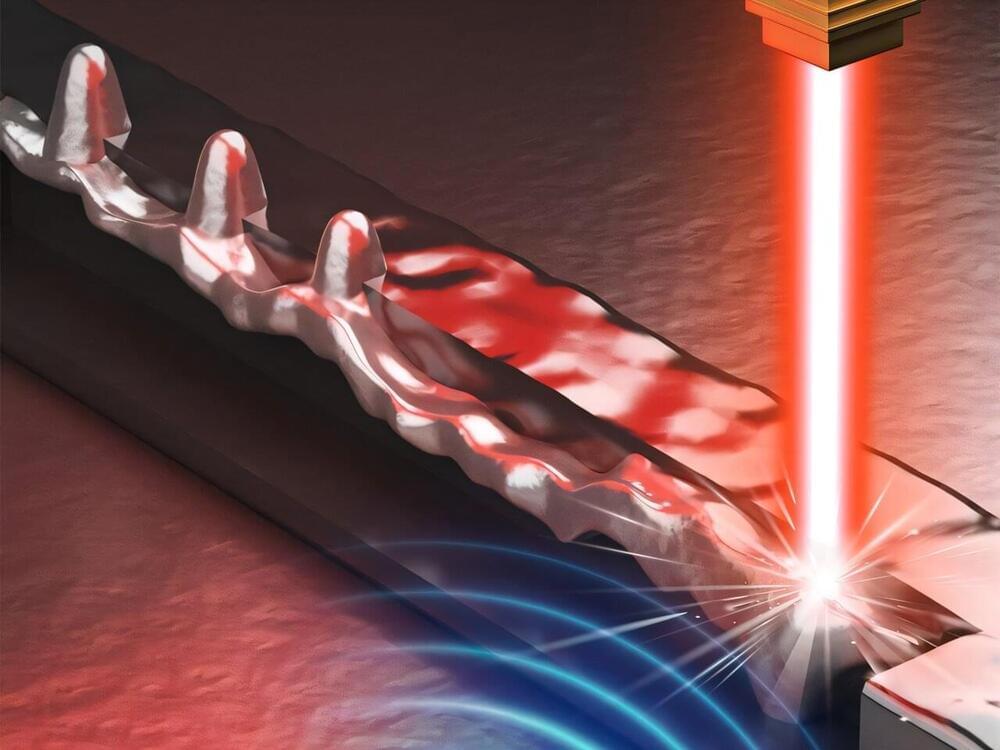
The ability to regulate one’s own food intake is essential to the survival of both humans and other animals. This innate ability ensures that the body receives the nutrients it needs to perform daily activities, without significantly exceeding calorie intake, which could lead to health problems and metabolic disorders.
Past neuroscience studies suggest that the regulation of food intake is supported by specific regions in the brain, including the hypothalamus and caudal nucleus of the solitary tract (cNTS), which is part of the brainstem. This key region in the brainstem is known to integrate sensory signals originating from the gut and then transform them into adaptive feeding behaviors.
While previous research has highlighted the key role of the cNTS in food intake regulation, the unique contribution of the different neuron subtypes within this brainstem region and the mechanisms by which they regulate feeding remain poorly understood. Better understanding these neuron-specific mechanisms could help to devise more effective therapeutic interventions for obesity and eating disorders.
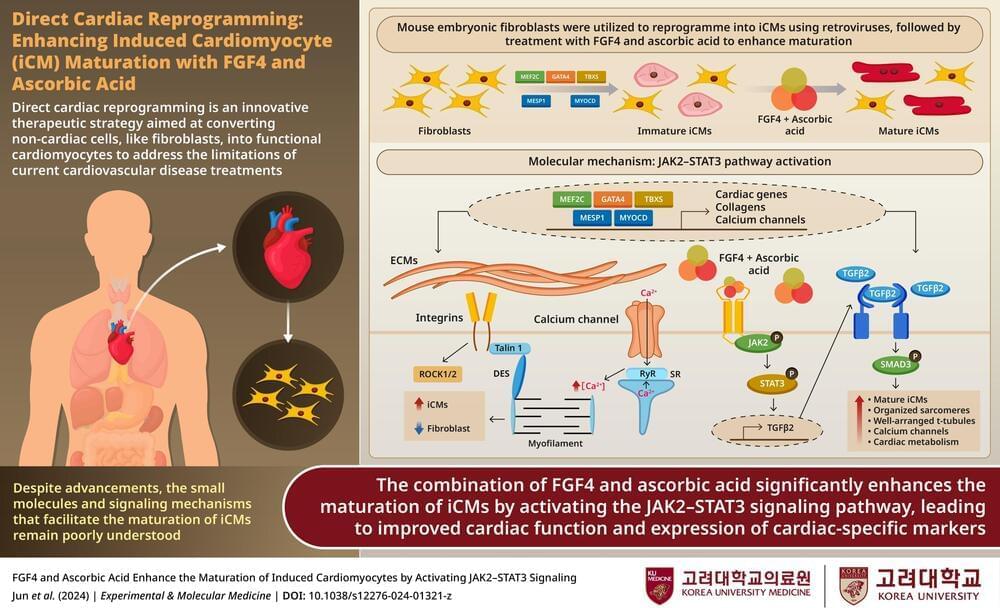
Cardiovascular disease continues to lead as the primary cause of death across the globe, taking millions of lives every year. Damage caused by these diseases is particularly difficult to repair, since the heart has minimal ability to regenerate itself. But what if we could reprogram the body’s own cells to restore damaged tissue?
This question has been tackled by scientists at Korea University, led by Dr. Myeong-Hwa Song. The team has unveiled an innovative technique to convert fibroblasts—common connective tissue cells—into mature and functional induced cardiomyocytes (iCMs). Their method relies on combining fibroblast growth factor 4 (FGF4) with vitamin C, a pairing that accelerates cell maturation and enhances function.
“Our findings bring us closer to transforming regenerative medicine into practical therapies,” says Dr. Song, who is based at Korea University’s Department of Cardiology and in Seoul, South Korea. “This research takes an important step toward using a patient’s own cells to repair their heart.”
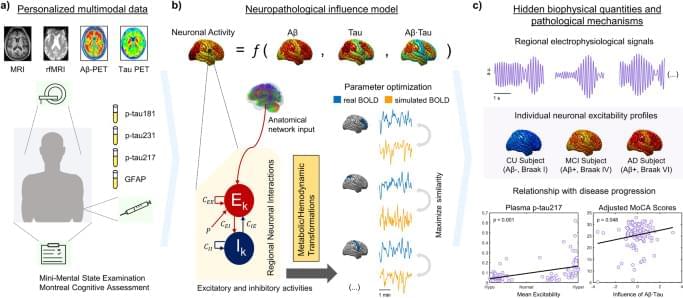
Alzheimer’s disease (AD) is defined by synaptic and neuronal degeneration and loss accompanied by amyloid beta (Aβ) plaques and tau neurofibrillary tangles (NFTs)1,2,3. In vivo animal experiments indicate that both Aβ and tau pathologies synergistically interact to impair neuronal circuits4. For example, the hypersynchronous epileptiform activity observed in over 60% of AD cases5 may be generated by surrounding Aβ and/or tau deposition yielding neuronal network hyperactivity5,6. Cortical and hippocampal network hyperexcitability precedes memory impairment in AD models7,8. In an apparent feedback loop, endogenous neuronal activity, in turn, regulates Aβ aggregation, in both animal models and computational simulations9,10. Multiple other factors involved in AD pathogenesis-remarkably, neuroinflammatory dysregulations-also seemingly influence neuronal firing and act on hypo/hyperexcitation patterns11,12,13. Thus, mounting evidence suggest that neuronal excitability changes are a key mechanistic event appearing early in AD and a tentative therapeutic target to reverse disease symptoms3,4,7,14. However, the exact patterns of Aβ, tau and other disease factors’ neuronal activity alterations in AD’s neurodegenerative progression are unclear as in vivo and non-invasive measuring of neuronal excitability in human subjects remains impractical.
Brain imaging and electrophysiological monitoring constitute a reliable readout for brain network degeneration likely associating with AD’s neuro-functional alterations3,15,16,17,18. Patients present distinct resting-state blood-oxygen-level-dependent (BOLD) signal content in the low frequency fluctuations range (0.01–0.08 Hz)16,19. These differences increase with disease progression, from cognitively unimpaired (CU) controls to mild cognitive impairment (MCI) to AD, correlating with performance on cognitive tests16. Another characteristic functional change is the slowing of the electro-(magneto-) encephalogram (E/MEG), with the signal shifting towards low frequency bands15,18. Electrophysiological spectral changes associate with brain atrophy and with losing connections to hub regions including the hippocampus, occipital and posterior areas of the default mode network20. All these damages are known to occur in parallel with cognitive impairment20. Disease processes also manifest differently given subject-specific genetic and environmental conditions1,21. Models of multiple pathological markers and physiology represent a promising avenue for revealing the connection between individual AD fingerprints and cognitive deficits3,18,22.
In effect, large-scale neuronal dynamical models of brain re-organization have been used to test disease-specific hypotheses by focusing on the corresponding causal mechanisms23,24,25. By considering brain topology (the structural connectome18) and regional profiles of a pathological agent24, it is possible to recreate how a disorder develops, providing supportive or conflicting evidence on the validity of a hypothesis23. Generative models follow average activity in relatively large groups of excitatory and inhibitory neurons (neural masses), with large-scale interactions generating E/MEG signals and/or functional MRI observations26. Through neural mass modeling, personalized virtual brains were built to describe Aβ pathology effects on AD-related EEG slowing25 and several hypotheses for neuronal hyperactivation have been tested27. Simulated resting-state functional MRI across the AD spectrum was used to estimate biophysical parameters associated with cognitive deterioration28. In addition, different intervention strategies to counter neuronal hyperactivity in AD have been tested10,22. Notably, comprehensive computational approaches combining pathophysiological patterns and functional network alterations allow the quantification of non-observable biological parameters29 like neuronal excitability values in a subject-specific basis1,3,18,21,23,24, facilitating the design of personalized treatments targeting the root cause(s) of functional alterations in AD.
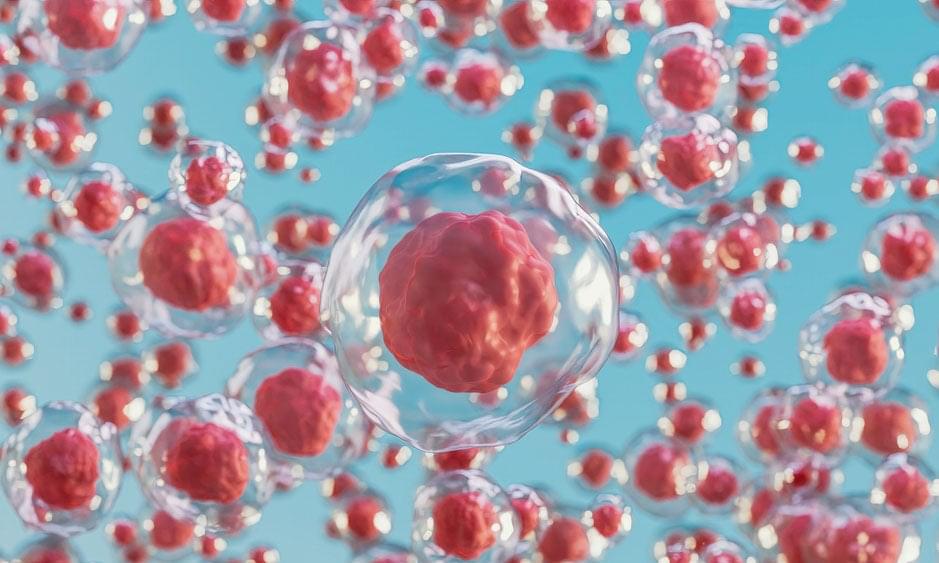
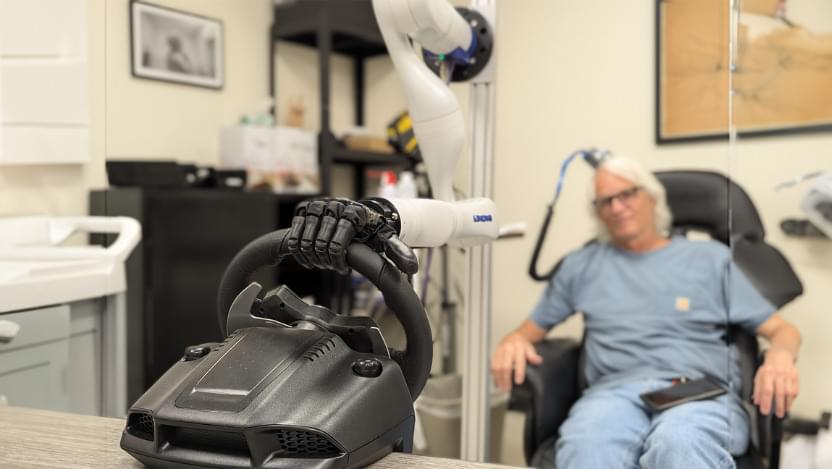
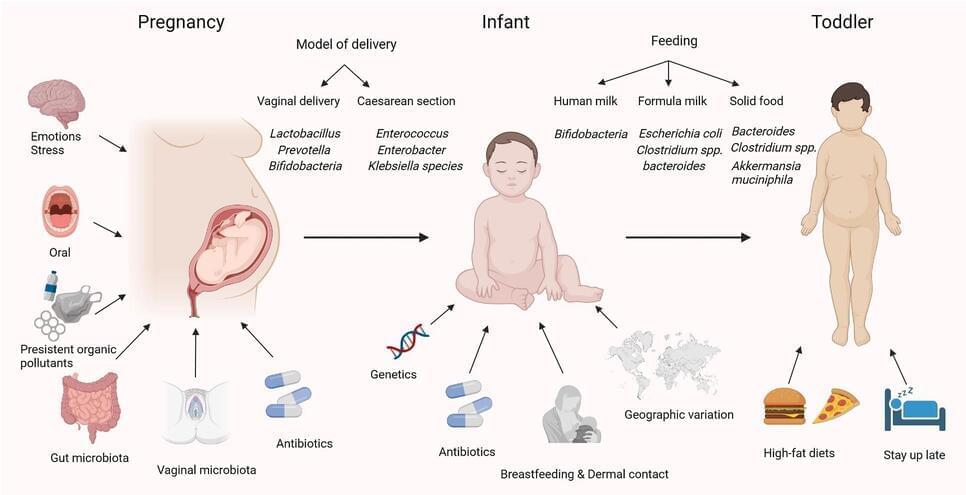
Mechanisms underlying gut microbiota’s role in obesity
Energy absorption and short-chain fatty acids
Gut microbiota regulate energy metabolism through short-chain fatty acids (SCFAs) like acetate, butyrate, and propionate, which are products of fiber fermentation. While butyrate promotes insulin sensitivity and reduces inflammation, propionate may trigger overeating. Dysregulated SCFA production can contribute to obesity by enhancing energy absorption, disrupting appetite regulation, and promoting fat accumulation. Recent findings suggest that modulating SCFA production through dietary interventions can help regulate energy balance and improve metabolic health. Maintaining SCFA balance through diet or microbial modulation holds promise for obesity management.
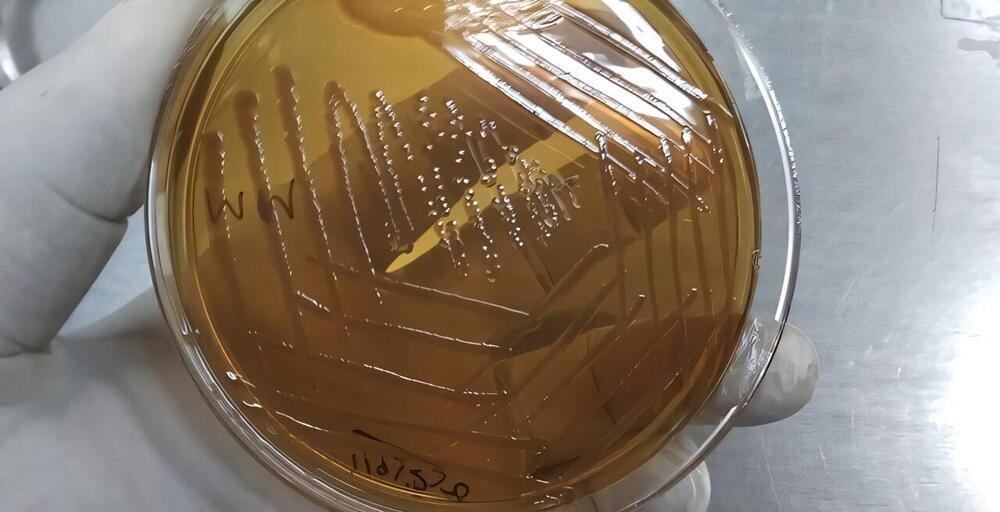
It’s become increasingly clear that the gut microbiome can affect human health, including mental health. Which bacterial species influence the development of disease and how they do so, however, is only just starting to be unraveled.
For instance, some studies have found compelling links between one species of gut bacteria, Morganella morganii, and major depressive disorder. But until now, no one could tell whether this bacterium somehow helps drive the disorder, the disorder alters the microbiome, or something else is at play.
Harvard Medical School researchers have now pinpointed a biologic mechanism that strengthens the evidence that M. morganii influences brain health and provides a plausible explanation for how it does so.